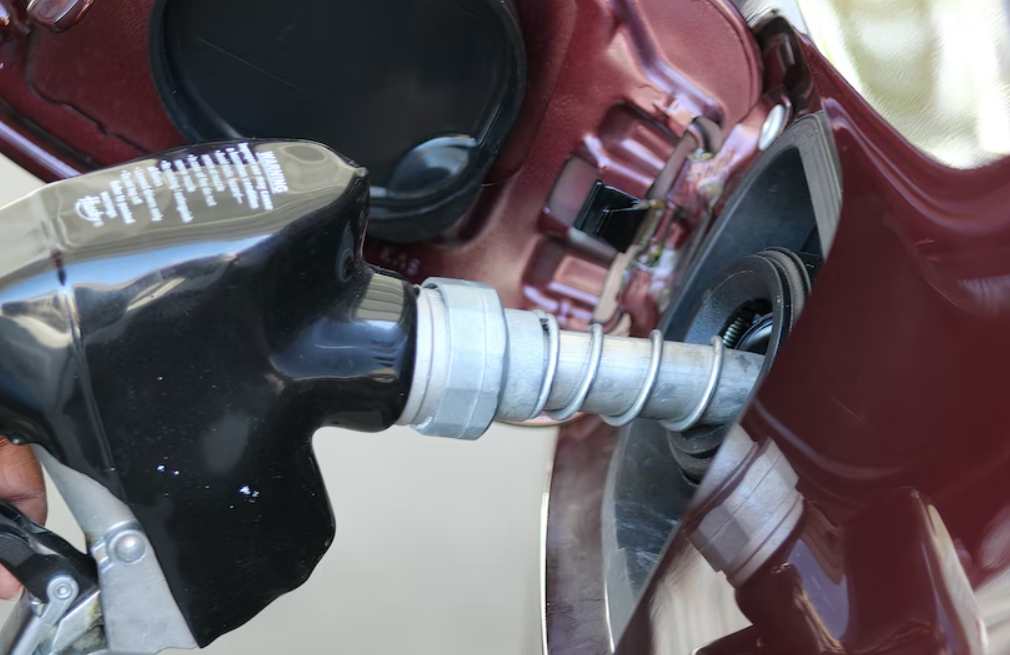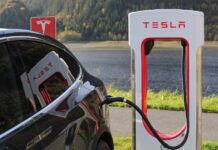Several companies are currently studying the possibility of using e-fuels as a less polluting alternative to fossil fuels, but the cost seems to be very high.
A battle is currently underway in the European Parliament over the future of internal combustion engines. While some believe that e-fuel should be exempted from the ban on cars that emit carbon dioxide, others argue that the production of e-fuel consumes a lot of energy and will therefore be more expensive and will not benefit the environment as hoped.
It should be noted that this type of fuel, like e-kerosene, e-methane, or e-methanol, is obtained by combining captured carbon dioxide emissions and hydrogen produced from renewable or decarbonized electricity.
A recent study by the International Council on Clean Transportation indicates that e-fuel can cost up to 2.8€ per liter. That’s about 50% more than the price of gasoline in Germany today. Filling a tank of 75 liters, like the one found in a Porsche Cayenne, would set consumers back about 210€.
We used the Porsche Cayenne as an example here, as luxury sports car manufacturers such as Porsche and Ferrari are trying to exempt e-fuel from EU restrictions in the future.
On the other hand, critics say that the amount of energy needed to produce e-gasoline, as well as the need to import it from abroad, makes it too expensive for the end consumer. In other words, e-fuel will be especially useful for wealthy people who want to continue driving high-performance cars.
However, there is one proposed benefit of e-gasoline that critics avoid talking about: the decarbonization of internal combustion vehicles. If used, the technology could help reduce carbon emissions from cars already on the road, which are expected to continue to be used for a significant number of years after the new EU rules come into effect.
Some believe that treating e-fuels as an alternative to electric cars – and including them in EU legislation – could lead to the continent’s environmental goals being derailed.
But this fuel technology pollutes the environment more than electric cars, even under the best conditions. E-gasoline may reduce emissions compared to gasoline and diesel, but its use in internal combustion engines results in the formation of carbon dioxide and other environmental pollutants.



